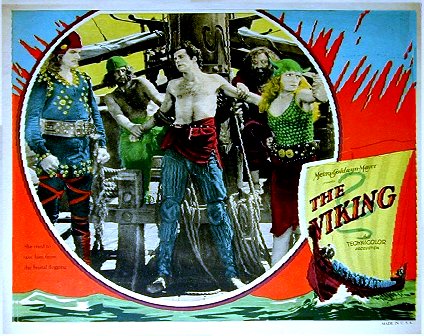
My new custom of searching out free and cheap books for my Kindle (for instance here) has introduced me to several authors I hadn’t read before, and reacquainted me with some I’d lost track of. One of the latter authors is Ian Rankin, Great Britain’s foremost writer of police novels. A Question of Blood was a welcome reunion, and well worth the read.
As the story begins, the police are investigating the death of a petty criminal in a house fire. This criminal had recently been harassing Inspector Siobhan Clarke, friend and colleague of the continuing hero, Edinburgh Detective Inspector John Rebus. So eyebrows are raised when Rebus comes in to work with burned hands.
Considering Rebus’s already equivocal standing with his superiors, it strains credibility somewhat for the reader to believe he’s allowed to continue on duty, examining the murder of two students at a private school (and the wounding of another) by a former SAS commando.
It’s even harder to believe when we are informed that one of the victims was the son of Rebus’s cousin.
But the fulcrum of the Rebus series is his talent for working his way around his superiors and getting away with it, based on results. His inquiries bring him into contact with “emo” teenagers, street gangs, drug smugglers, military intelligence agents, and a politician campaigning for stricter gun control laws (it greatly increases my esteem for Rankin that this politician is portrayed as pretty slimy).
John Rebus is a fascinating character, hiding deep psychological scars under a brilliant mind, a hair trigger temper, and rash decisions. His relationship with Inspector Clarke is also interesting, as they both care for each other, but care for their jobs more.
Recommended for adults.
Like this:
Like Loading...




